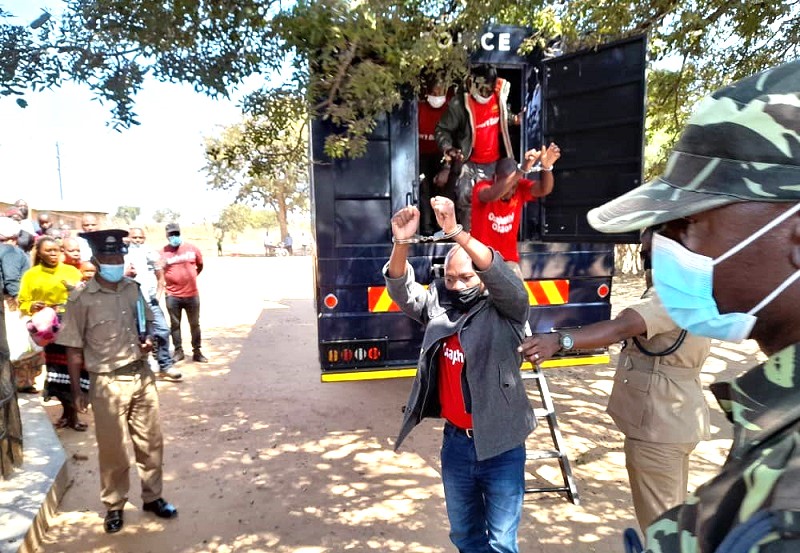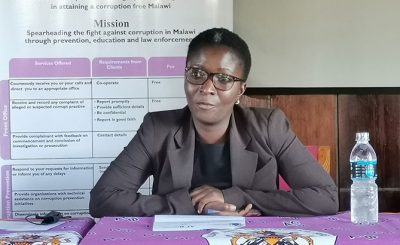Malawi’s legal system permits the temporary release of an accused individual through either court or police bail. It is significant to note that, unlike court-granted bail, the Police Act explicitly states that no fees should be imposed on bail bonds obtained from the police.
However, the same Police Act also prohibits police bail for individuals arrested on serious charges, including treason, murder, rape, armed robbery, and burglary.
Additionally, the republican constitution boldly proclaims the rights of those accused, ensuring that they are promptly informed in a language they understand about their right to remain silent and the consequences of their statements. Within 48 hours, they must face a fair court, or they walk free.
But hang on, our investigation, conducted with support from the European Union (EU), reveals a different story. Across the nation, at the heart of police stations, a shadowy practice emerges. Some police officers are allegedly profiting from what should be free police bail.
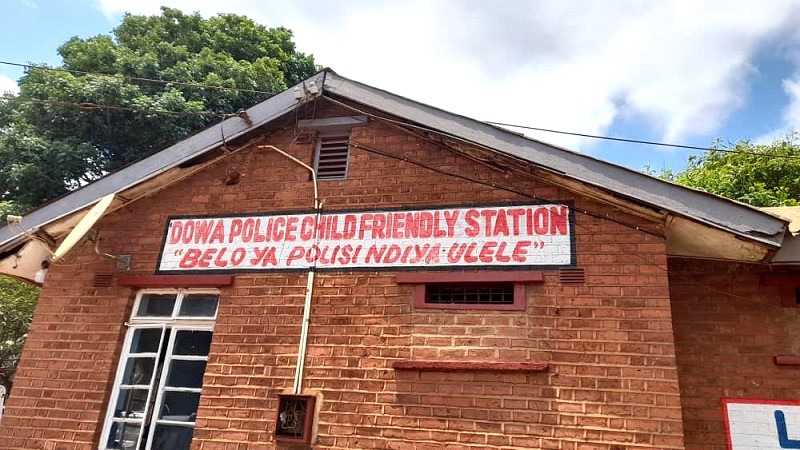
We have also discovered that in cases where it is not the law enforcement officers demanding money from the suspects to secure their release, it is the suspects themselves negotiating their freedom with cash.
We embarked on a month-long journey to explore the whispers of cash demands to release suspects arrested on various charges.
Our journey began with Lameck Kapolo, a bar owner in Ntchisi District. Kapolo shared a jaw-dropping tale of three arrests, three times behind bars, and three times the promise of free police bail.
Kapolo, 38, claims he was held for nearly a week, only to be told he could buy his freedom for MK8 000 at Ntchisi Police Station.
He narrates: “I have been going through this for a number of times and cases involved are not those serious offenses. After staying in custody, the officers could approach me asking how much I have for them to set me free and all I could do is to abide by their orders just to get released.
“Otherwise without complying, I couldn’t see the way through but just staying behind bars. I have always been wondering, is police bail chargeable? Or it’s how government arranged it to be?”
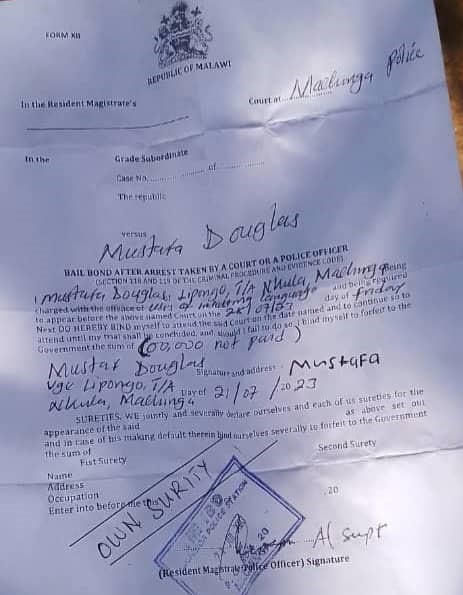
Kapolo is not alone. Meet Mariam Chisope, who unknowingly paid K60 000 to Machinga Police Station to secure her son’s release, Mustafa Douglas. A bail bond dated July 21, 2023, shows that Mustafa supposedly paid nothing, but through mutual agreement with the police, he was released.
“It happened that my son was arrested by the Community Police Forum who eventually took him to Machinga Police Station. Then my brother went to the police to negotiate for my son’s release, where we were asked you to pay K60 000 as a bail bond of which we paid.
“We sourced this money after selling our farm produce, including two bags of rice. However, the police said that the bail bond won’t show any proof of payment of which we mutually agreed. I am not aware if the police bail is free of charge,” Chisope narrates.
Malawi Police Service (MPS) spokesperson Peter Kalaya apportions blame on Malawians who might not know that police bail is free.
Kalaya insists that no fees should be charged, emphasizing the Police Act.
He says: “This is against the law. It’s crime. It is actually corruption. When we have evidence that any of our officers has released somebody on bail because he or she received something, we arrest that person, and we again investigate and arrest the individuals who gave the police officer money to have their relative or themselves released from custody because it is a crime.
“Police bail is free and to be released on police bail. You have to satisfy the conditions. We know that some people do not know that police bearer is free, and they are not supposed to pay money to have their relatives released on bail. We are saying we know because we have evidence.”
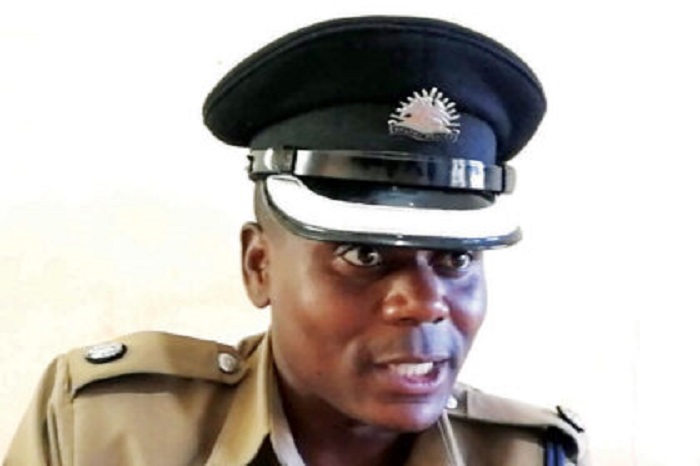
Kalaya adds that the MPS has been running awareness campaigns to educate people about free police bail.
“That is why in our interventions to deal with this problem, we engage much in awareness or sensitisation of the public through our community policing branch and the public relations branch in the MPS. So, we send messages out that whenever your relative is arrested or you are arrested, you are not supposed to pay money to be released of police bail,” Kalaya narrates.
Even with the law on their side, some are trapped in this corruption web. The Center for Human Rights Education Advice and Assistance (CHREAA) is working on the Malawi Bail Project (MBP), designed to empower those arrested for minor offenses, enabling them to seek bail at the police station or court without needing a lawyer.
But CHREAA executive director, Victor Mhango, points out that some still fall prey to this corrupt practice, either through inducement or orders from law enforcers. His advice? Report these culprits to the Anti-Corruption Bureau (ACB).
“Police bail is free, nobody’s supposed to pay any amounts. It’s just unfortunate that we have some police officers they take advantage of the ignorance of people and then they charge them the bail but not only police, but we also have some people who are always corrupt, sometimes they are the ones who entice the police officers to give them a little something.
“That’s why the police take advantage of them and then it appears like every police officer or most of the police officers, they like taking that direction. Most of these people they already know that police bail is not supposed to be paid, but sometimes they take advantage because they are also the ones who want to pay something because maybe they want a relative to go out. If a police officer is telling you to pay bail, they can report to ACB because that’s corruption,” Mhango says.
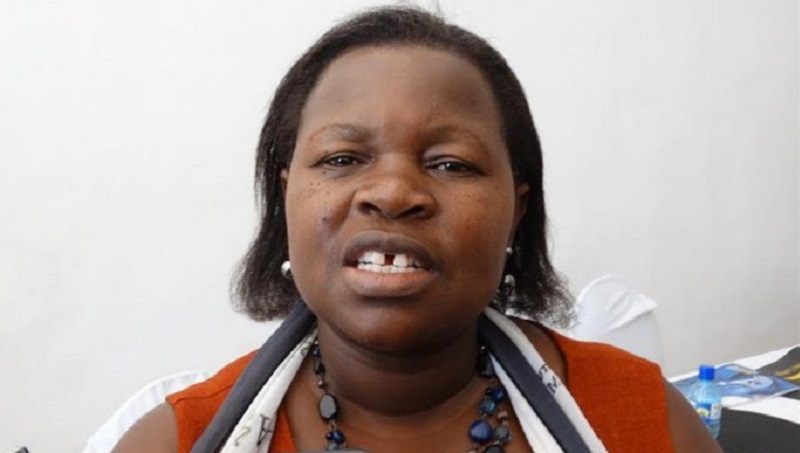
Egrita Ndala, ACB principal public relations officer, reveals that they have been swamped with extortion cases involving police officers. The investigations have led to the conviction of Criminal Investigations Detective police officer, Margaret Mbandambanda, who received K100 000 to grant police bail.
She says: “This is an offence and the members of the public need to know that it is an offence to pay for services that are supposed to be offered for free, like, police bail, because police bail it`s free. It’s only when somebody is given court bail, that the court orders them to pay a bail bond, depending on how the court determines the matter and that bail bond is normally paid to the court not to the police, they [suspects] given a government general receipt because when their case is concluded they actually supposed to go back and claim their bail bond, no matter how the result would be.”
The Independent Complaints Commission (ICC) takes the baton from there. It is mandated to investigate complaints against police officers and the MPS, aiming to enhance professionalism and respect for human rights in policing functions.
We spoke to ICC Commissioner Christopher Tukula, who confirmed that the commission received such complaints.
“Yes, as Commission we have received such complaints, and we are in the process of investigating all those complaints that we have received relating to that issue, and just as is the case with all the complaints that we have received. it’s one of the commonest complaints that we are receiving normally people don’t know that the police bail is supposed to be free, you are not supposed to pay anything in return for police bail,” Tukula says.
“It’s only a court bail where in some cases, the court orders that he an accused person should deposit some money sometimes it’s in cash sometimes it’s just none-cash by bond but police bail for all purposes of the law is supposed to be free.”
But here is the kicker: if this worrying trend remains uncurbed, people like Mustafa and Kapolo will continue being caught in this predicament.
Produced with support of the European Union


